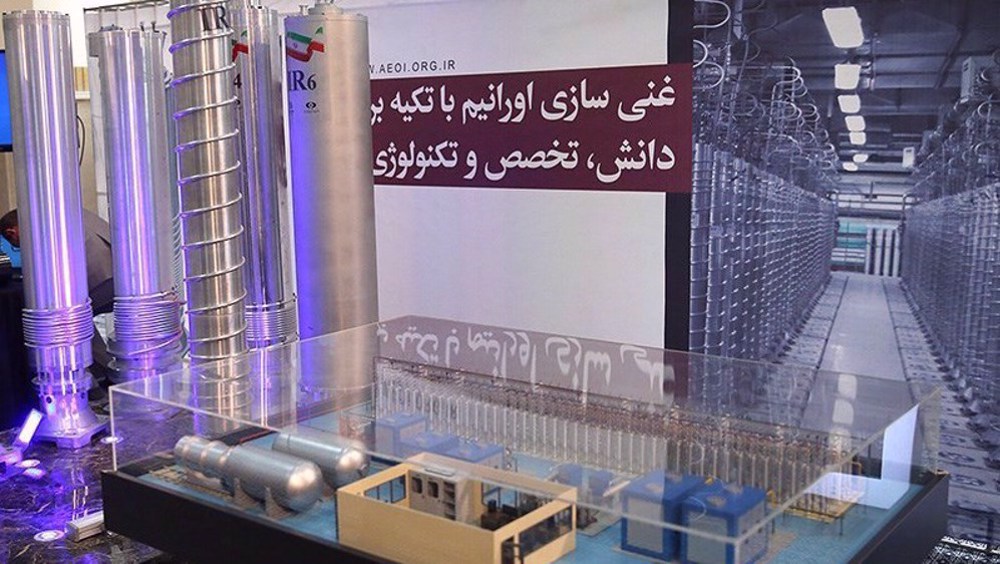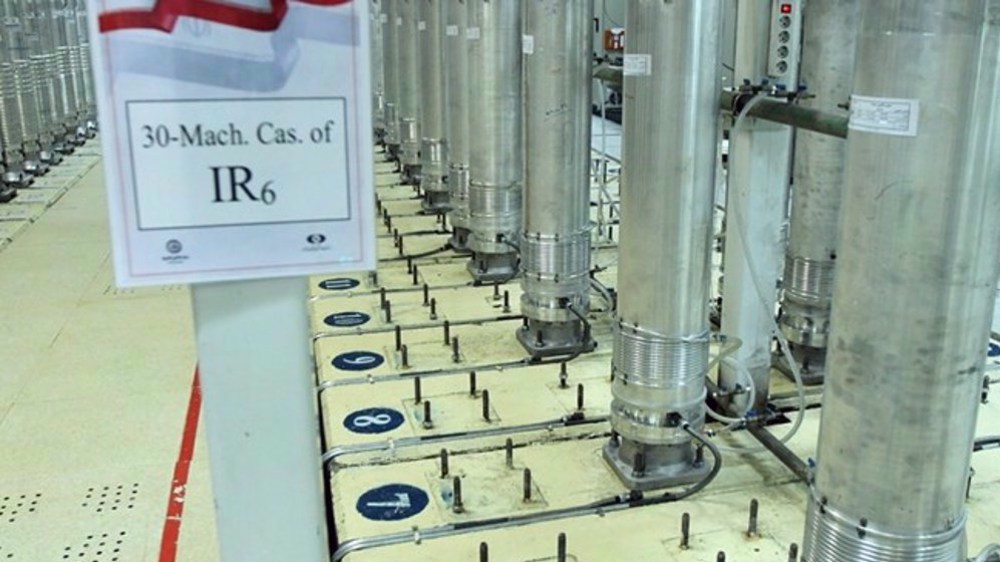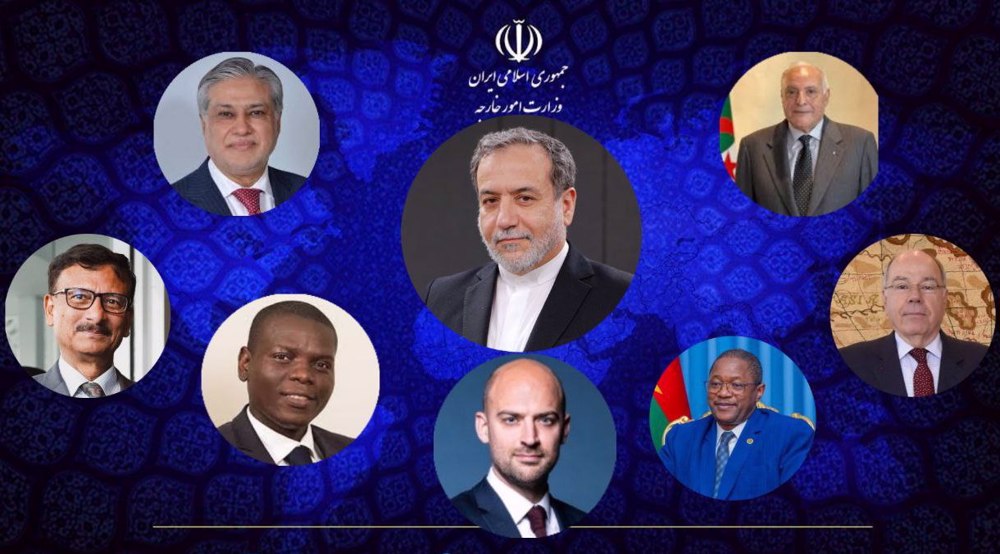All sides must remain committed to nuclear deal: Mogherini
The EU has urged all parties to uphold their commitments to the landmark deal struck between Tehran and six world powers last year amid Iran’s complaints that it has not received the sanctions relief it was promised under the accord.
In a Thursday declaration issued a year after the conclusion of the accord, the EU foreign policy chief, Federica Mogherini, said the 28-nation bloc would “continue to actively support the full and effective implementation of the JCPOA throughout the lifetime of the agreement.”
JCPOA stands for the Joint Comprehensive Plan of Action, the name given to the agreement Iran signed with the P5+1 group of world powers, namely Russia, China, France, Britain, the US and Germany , on July 14, 2015.
Under the deal, which into effect in January, Iran agreed to limit its nuclear program and provide enhanced access to international atomic monitors in return for the termination of all nuclear-related sanctions against the Islamic Republic.
“The upholding of commitments by all sides is a necessary condition to rebuild trust and allow for steady and gradual improvement in relations between the European Union, its Member States and Iran,” Mogherini said
Mogherini further said the EU has fulfilled its obligations related to the lifting of nuclear-related sanctions against Iran.
However, the declaration acknowledged that “clarity regarding the lifting of sanctions is key to allow a full reengagement of European banks and businesses in Iran.”
“The EU is committed to continue actively engaging with the private sector and encourages all parties to the JCPOA to continue their outreach efforts in this regard,” the top European Union added.
She also emphasized the EU’s determination to further enhance ties with Tehran in various areas, including trade, energy, nuclear energy and research.

Anti-Iran bans lifted…but only on paper
In January, Mogherini and US Secretary of State John Kerry formally announced the lifting of economic embargoes against Iran after the International Atomic Energy Organization (IAEA) verified Tehran’s compliance with the terms of the nuclear deal.
A month later, the global transaction network SWIFT said it had reconnected a number of Iranian banks to its system, enabling cross-border transactions.
However, the Islamic Republic complains that it still does not have access to global financial markets. Many international banks still shy away from financing trade deals and processing transactions for fear of US penalties.
Valiollah Seif, governor of Central Bank of Iran, said in May that Tehran had not been able to use its frozen assets abroad in general.
Speaking at a Wednesday ceremony to mark the first JCPOA anniversary, President Hassan Rouhani said Iran can restore all those aspects of its nuclear program that it has agreed to limit under a deal with the six world powers if the agreement is violated by those countries.
“If, some day, the P5+1 refuses [to fulfill] its commitments, we will be completely prepared, and, in terms of nuclear capabilities, we are at such a level so as to be able to reach our desired stage in a short period of time,” Rouhani said.
In a meeting with Kerry last month, Iranian Foreign Minister Mohammad Javad Zarif touched on Iran’s complaints that it was not getting the sanctions relief it deserves under the JCPOA. He urged the US to show seriousness in encouraging banks to do business with Iran following the lifting of sanctions.
Iran’s Deputy Foreign Minister for European and American Affairs Majid Takht-e Ravanchi has also criticized the “conservatism” of large European banks, which he said was hindering the JCPOA’s implementation.
“We are not fully satisfied with the implementation of the JCPOA because the US government has not fully carried out its responsibilities in relation to the agreement,” the senior diplomat said in May.
Diplomat discourages recourse to pressure, intimidation, confrontation against Iran
UN: 2024 deadliest year for aid workers amid genocide in Gaza
Gaza health official warns of hospital shutdowns within 48 hours
Israel kills 5 more paramedics in southern Lebanon: Health ministry
Iran to launch ‘new, advanced’ centrifuges in response to IAEA resolution: AEOI
Yemen fires hypersonic missile at Israeli airbase
VIDEO | New Delhi chokes under toxic smog as air quality remains at hazardous levels
VIDEO | Press TV's news headlines










 This makes it easy to access the Press TV website
This makes it easy to access the Press TV website